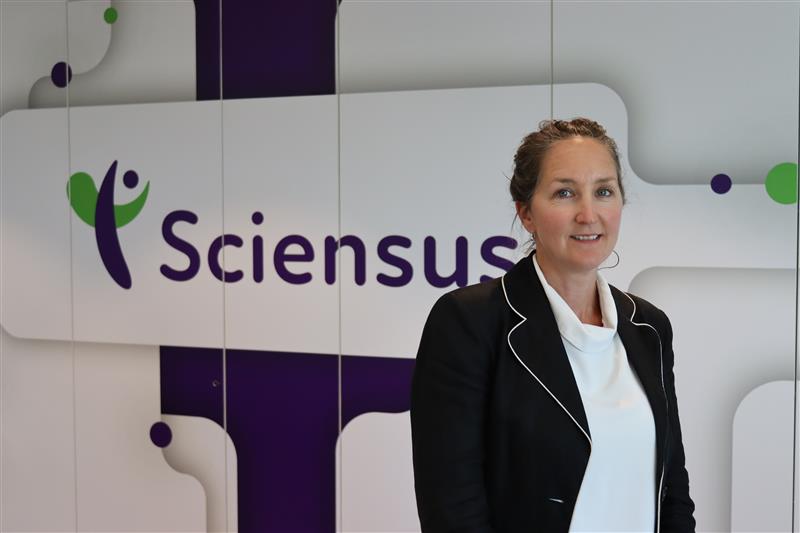Securing European market access for rare disease drugs presents unique challenges, namely due to the small patient populations in certain European countries and the high costs associated with orphan drug development. The pharmaceutical industry often faces difficulties when demonstrating the cost-effectiveness and clinical benefit of their therapies under traditional pricing and reimbursement frameworks, which adds to the challenge of rare disease drug commercialisation.
But with the use of real-world evidence as a complementary solution to clinical trial data now growing and gaining acceptance amongst EMA and Europe’s health technology assessment (HTA) agencies, could this go some way towards alleviating the challenges these companies face?
Explore the nuances of securing European market access for rare disease therapies in this engaging webinar brought to you by Sciensus and GlobalData, where esteemed industry experts including Dr Raymond A. Huml and Noolie Gregory, discuss the different payer strategies and HTA frameworks found across Europe and the challenges companies face in navigating them.
The panel will cover the growing importance of real-world evidence in demonstrating value when clinical trial data alone might not suffice, highlighting the key trends and important considerations associated and how partnerships between life science companies can drive the success of this approach.
Key learning objectives:
- Learn about the changing dynamics in Europe’s rare disease space and the key challenges that biotechs face when commercialising orphan drugs in this challenging marketplace.
- Consider the role of European HTA frameworks and how they are evolving as the benefits of real-world evidence grow stronger, particularly in the context of rare diseases.
- Discover methods for collecting real-world evidence and how it can best be used to support regulatory decisions and improve P&R success in Europe.




 Back
Back



